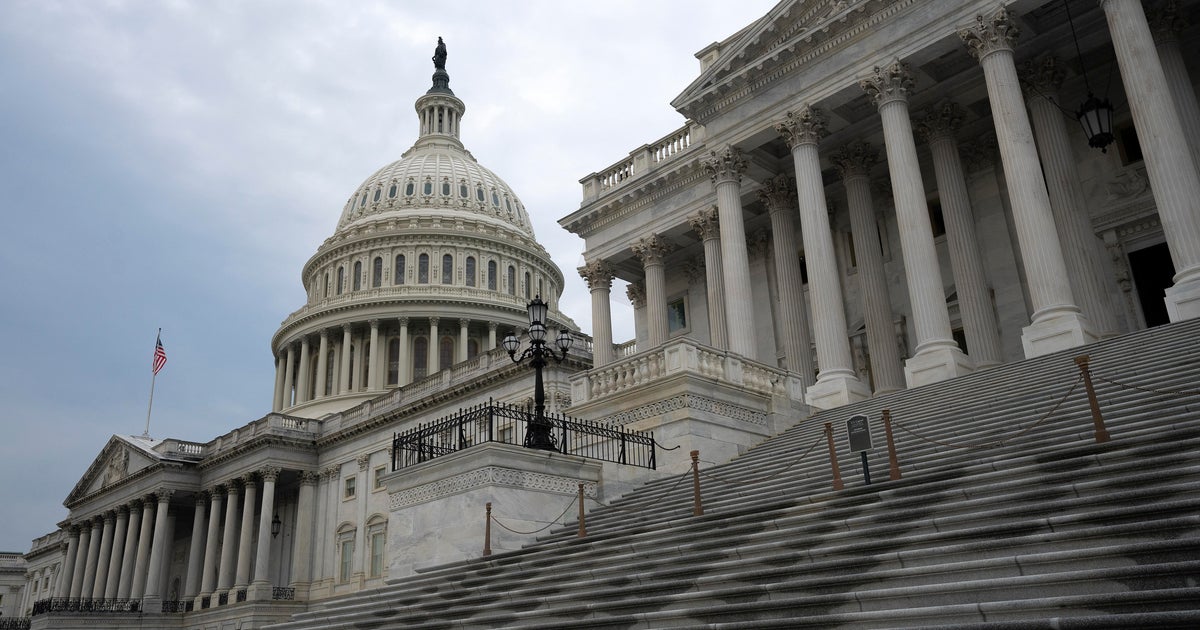
Washington — Republicans gained control of the Senate in the 2024 elections, with GOP wins in a handful of key races cementing the new majority and flipping party control of the upper chamber.
With a Senate map heavily in their favor, Republicans flipped West Virginia and Ohio giving them at least a 51-seat majority as a handful of races remained toss ups. One race that became surprisingly competitive in the final stretch of the campaign, Nebraska, brought the GOP over the finish line.
Democrats currently have a 51-49 majority in the Senate. But Sen. Joe Manchin’s decision to leave Congress all but guaranteed a Republican flip in deep-red West Virginia, and opportunities for Republican pickups in a handful of other states spelled trouble for the Democrats. Meanwhile, Democrats had set their sights on possible pickup opportunities in Florida and Texas — which are projected to remain in Republican hands — while working to defend their most vulnerable seats.
Republicans last won a majority in the Senate in 2018, before Democrats went on to secure a narrow majority in the two most recent elections.
The Republican victory will have major implications for the new administration — either bolstering the president’s agenda, or serving as a blockade for the opposing party.
The win tees up a high-stakes race for leadership of the chamber, after Senate Minority Leader Mitch McConnell announced plans earlier this year to step down from leadership. Minority Whip John Thune, a South Dakota Republican, and Sen. John Corynyn, a Texas Republican, are considered the front-runners in the race to replace the longest-serving party leader in Senate history.
